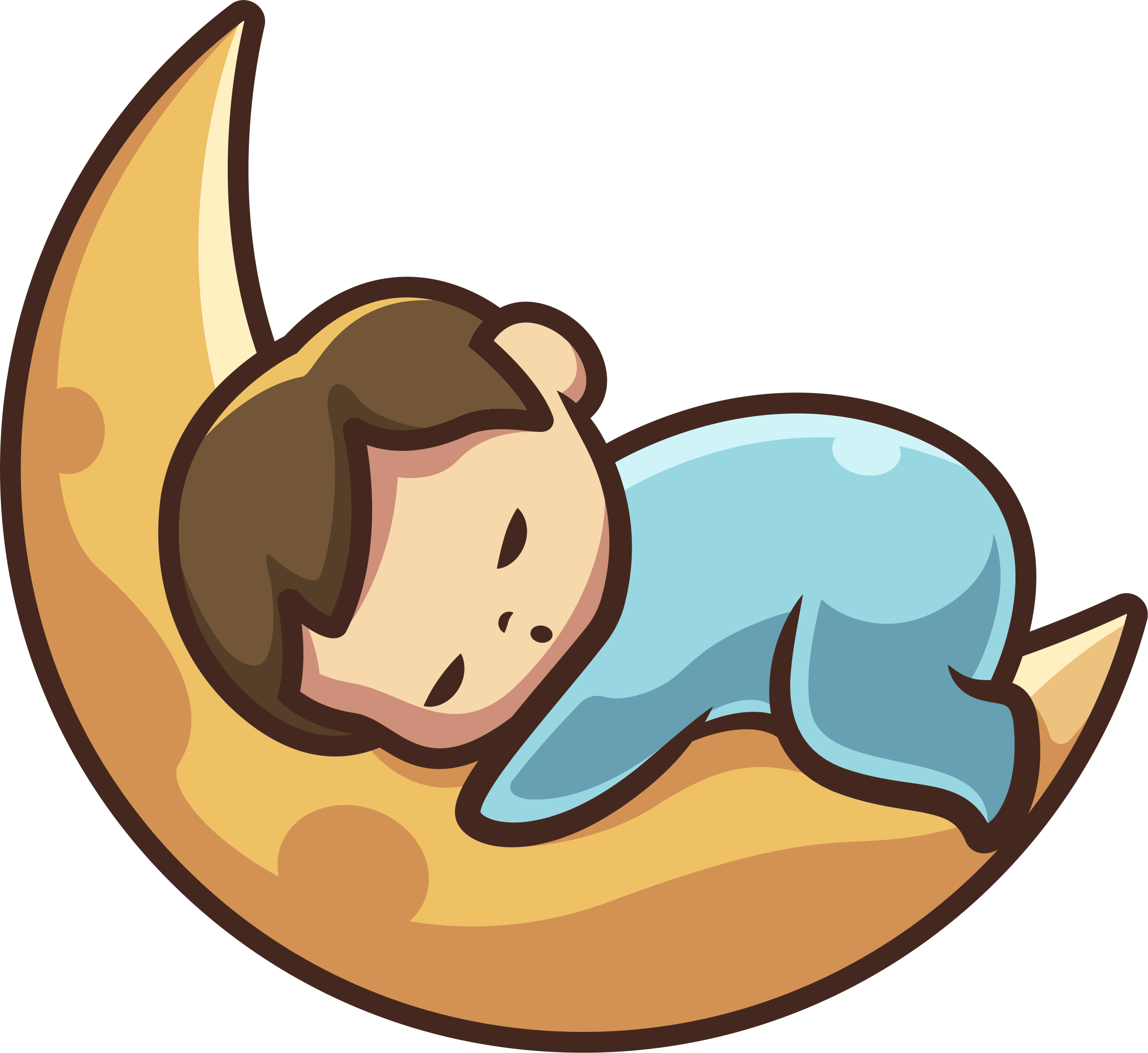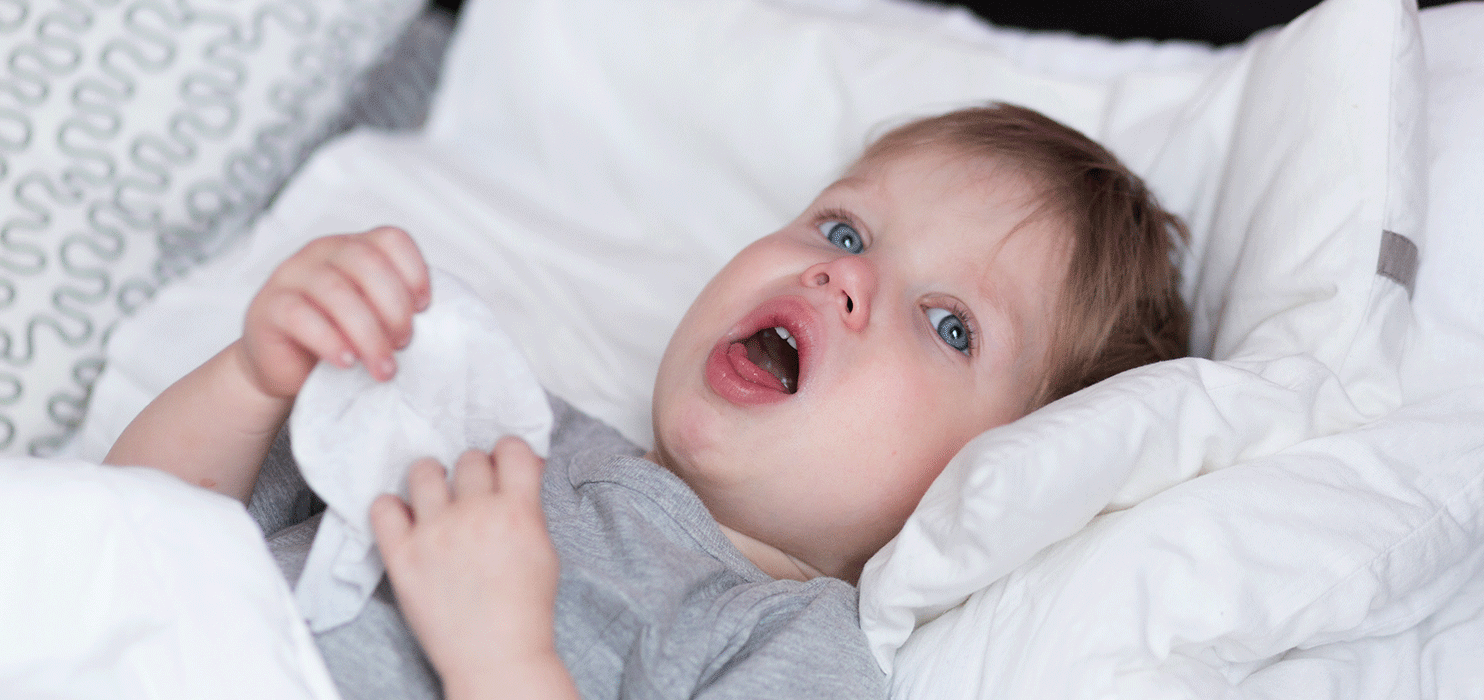Coughing is a natural reflex that helps to clear the airways of irritants, such as dust or mucus. While it can be alarming to hear your baby coughing, it is usually not a cause for concern. In most cases, a baby’s cough will resolve on its own with home remedies and plenty of fluids. However, if your baby’s cough persists or is accompanied by other symptoms, such as difficulty breathing or fever, it is important to consult a doctor.
Here are some tips on how to help your baby stop coughing:
- Keep the air moist: Dry air can irritate your baby’s airways and make coughing worse. Use a humidifier in your baby’s room to add moisture to the air and help soothe their cough.
- Elevate your baby’s head: Coughing can be more severe when your baby is lying flat on their back. To help alleviate coughing, try elevating your baby’s head while they sleep by placing a pillow or rolled-up towel under the mattress.
- Offer plenty of fluids: Coughing can dehydrate your baby, so it’s important to make sure they are getting enough fluids. Offer your baby water, breast milk, or formula regularly to keep them hydrated.
- Try a saline nasal spray: A saline nasal spray can help to loosen mucus and clear your baby’s airways, making it easier for them to cough up any irritants.
- Use a vapor rub: Vapor rubs, such as menthol or eucalyptus, can help to open up your baby’s airways and reduce coughing. Gently rub a small amount of vapor rub on your baby’s chest and back before bedtime.
- Avoid triggers: Certain things can trigger your baby’s cough, such as smoke, pet dander, or strong scents. Try to avoid exposing your baby to these irritants to help prevent coughing.
Remember, if your baby’s cough persists or is accompanied by other symptoms, it is important to consult a doctor. In the meantime, these home remedies can help to alleviate your baby’s coughing and provide some relief.


